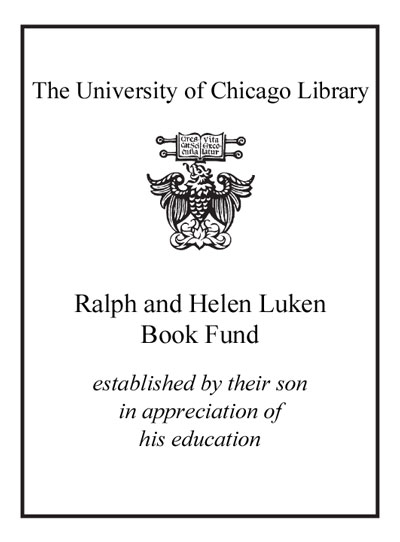| Summary: | Every day we are barraged by statistics, images, and emotional messages that present poverty as a problem to be quantified, managed, and solved. Global generalizations present the poor as a heterogeneous group and stress globalized solutions. Governing the Poor exposes the ways in which such generalized descriptions and quantifications marginalize the poor and their experiences. Drawing on field research in Namibia and the Solomon Islands and case studies of international organizations such as USAID and Oxfam, Suzan Ilcan and Anita Lacey argue that aid programs have forged new understandings of poverty that are more about governing the poor through neo-liberal reforms than providing just solutions to poverty. The concepts of privation, empowerment, and partnership used in these programs are tools that treat the poor as a governed entity within a system of actors-governments, international organizations, and private businesses-that make up the global-aid regime. An illuminating work of critiques and solutions for the current global-aid regime, Governing the Poor shows the consequences of championing market-based solutions to poverty while neglecting to provide social infrastructure. --Book Jacket.
|
|---|

